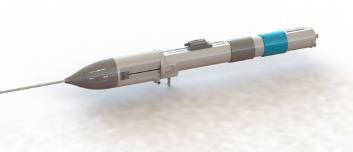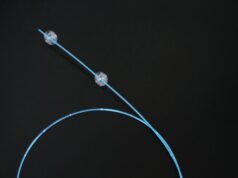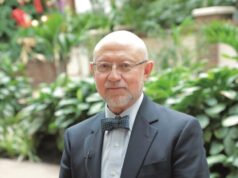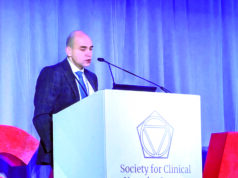 InterVene has announced it has raised US$15 million in a Series B financing round. The company’s BlueLeaf Endovenous Valve Formation System is the first catheter-based solution for deep venous reflux that does not require an implant.
InterVene has announced it has raised US$15 million in a Series B financing round. The company’s BlueLeaf Endovenous Valve Formation System is the first catheter-based solution for deep venous reflux that does not require an implant.
The system is designed to correct one of the underlying causes of chronic venous insufficiency (CVI) by forming new vein valves out of a patient’s own vein wall tissue. The funding round was led by new investor 3×5 Partners, who was joined by prior investors RiverVest Venture Partners, Boston Scientific Corporation, Correlation Ventures and others.
“The funds will be utilised to expand our clinical research program abroad, and to initiate trials in the USA via an investigational device exemption study,” explained InterVene CEO Fletcher Wilson. “We expect to further demonstrate safety and clinical effectiveness while we optimise the BlueLeaf System and procedure in preparation for a subsequent pivotal study.”
InterVene’s recently expanded management team includes COO Jeff Elkins, who has led numerous emerging endovascular technology companies, including his role as CEO of Veniti, which was recently acquired by Boston Scientific. Also joining the company is VP clinical affairs Tracy Roberts who has directed clinical activities for leading vascular and biomedical companies.
Approximately 6.5 million Americans suffer from deep venous reflux and moderate to severe CVI. Patients with deep venous reflux tend to progress to the most severe symptoms, including skin breakdown and chronic ulcers, which have negative impacts on their quality of life. The current standard of palliative treatment—involving compression therapy, leg elevation and local wound care—does not address the underlying problem of deep vein valve failure.
InterVene’s BlueLeaf System is the first catheter-based approach designed to address severe CVI due to deep venous reflux, by forming new vein valves for patients without the need for an implant. The system allows a physician to fashion new valves from the inner layer of the vein wall. The resulting autogenous valves aim to reduce retrograde blood flow and alleviate the symptoms associated with elevated venous pressures.
“The BlueLeaf technology has the potential to offer a solution for patients with deep venous reflux, a current major gap in our treatment portfolio,” said William Marston, department chief of vascular surgery and professor of surgery at UNC Medical School (Chapel Hill, USA). “The reports of the initial patients treated with the procedure are promising, and if confirmed in larger studies with longer follow-up, can provide a novel, important treatment option for this underserved patient group.”
“Treatment options for patients with deep venous reflux have been limited,” said Mikel Sadek, vascular surgeon and assistant professor of surgery at NYU Langone Health (New York, USA). “This innovative technology may offer an alternative for patients needing procedural intervention to treat their disease.”
The BlueLeaf technique is predicated on the Maleti Neovalve open-surgical procedure, but enables patients to avoid the trauma of open surgery, allows for multiple valves to be formed in a single procedure and mechanises certain aspects of the technically-difficult open surgical procedure for ease of use and repeatability.












